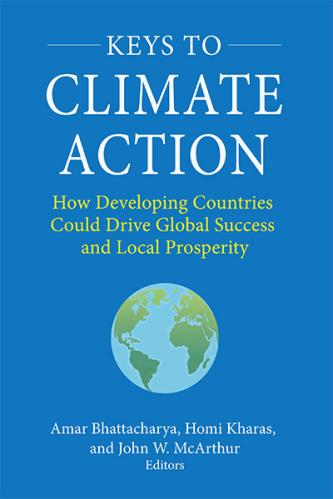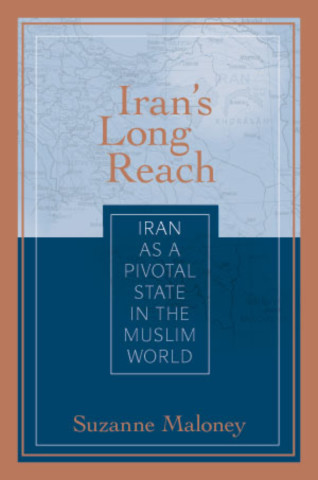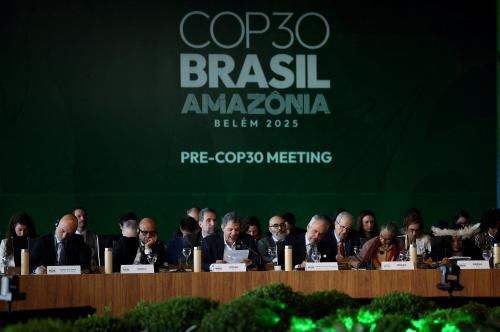Content from the Brookings Institution India Center is now archived. After seven years of an impactful partnership, as of September 11, 2020, Brookings India is now the Centre for Social and Economic Progress, an independent public policy institution based in India.
This article first appeared in the Mint. The views are of the author(s).
One cannot envy the task given to the NITI Aayog to produce a National Energy Policy (NEP). Almost all projections for future energy needs, worldwide, have not panned out, as this space is very dynamic and assumption-driven. The erstwhile Planning Commission did focus on broad energy issues beyond the line-item ministries with their Integrated Energy Policy (2006), and the Expert Group Reports on Low-Carbon Inclusive Growth (2012 and 2014). As a think tank of the Union government, NITI Aayog is best positioned to do energy planning in terms of its mandate and coordinating role. The recent draft NEP is a further step in this direction. But is it an actionable policy?
To read more, please click here.
Technical comments on the draft NEP as submitted to NITI Aayog by Rahul Tongia and Sahil Ali are are available here.
The Brookings Institution is committed to quality, independence, and impact.
We are supported by a diverse array of funders. In line with our values and policies, each Brookings publication represents the sole views of its author(s).










Commentary
Op-edIs the draft national energy policy for India actionable?
August 22, 2017